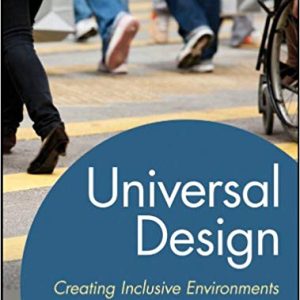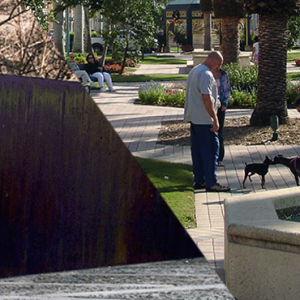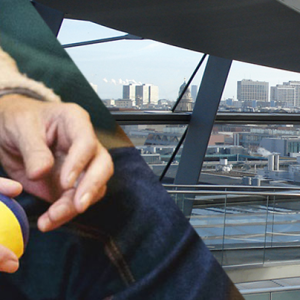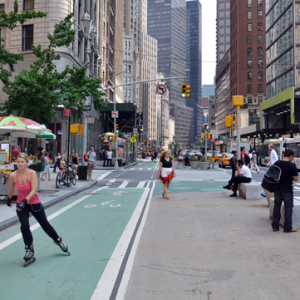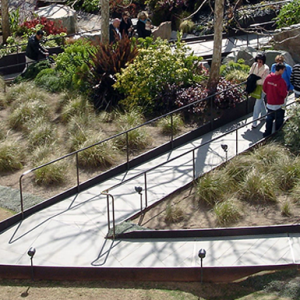IDEA 302: Defining Universal Design
$29.00
$29.00
1 Hour AIA LU
Description
This course introduces students to the definition of universal design and expands their understanding of its origins out of the disability rights movement, critiques of modernism, and a return to human-centered design. This course uses case studies and examples to examine the opportunities presented by universal design and looks to the present and future to imagine where universal design philosophy may lead.
Learning Objectives
At the conclusion of this course, participants will be able to…
- Define universal design.
- List three specific desired outcomes of universal design.
- Criticize, compare, and contrast modernism with universal design using the concepts of usefulness and human-centered design.
- Discuss contemporary design issues that relate to universal design using examples to explain the relationships.
Format
Students must create a udeducation.org account and purchase the course. Access to this course begins immediately.
To complete this course, students must complete approximately 1 hour of work anytime during a 1-year window of availability. Specifically, students must:
- Read “Defining Universal Design” (Chapter 2, approximately 6,500 words) in the textbook: Universal Design: Creating Inclusive Environments (sold separately in print and e-book format at Wiley and Amazon).
- Correctly answer at least 7 out of 10 multiple-choice test questions within a single 20-minute session.
A certificate of completion will be provided on the course website following successful completion. Access certificates for expired courses anytime on the My Profile page.
For information regarding student responsibilities; grading policy; continuing education credits; computing system requirements; and policies on refunds, reasonable accommodations, accessibility, privacy, and terms of use, see our Policies and Terms of Use page.
Additional information
| AIA Credit Type | LU |
|---|---|
| Format | Test Only |
| Length | 1-2 Hours |
| Level | Foundations |
| Textbook | Universal Design: Creating Inclusive Environments |


